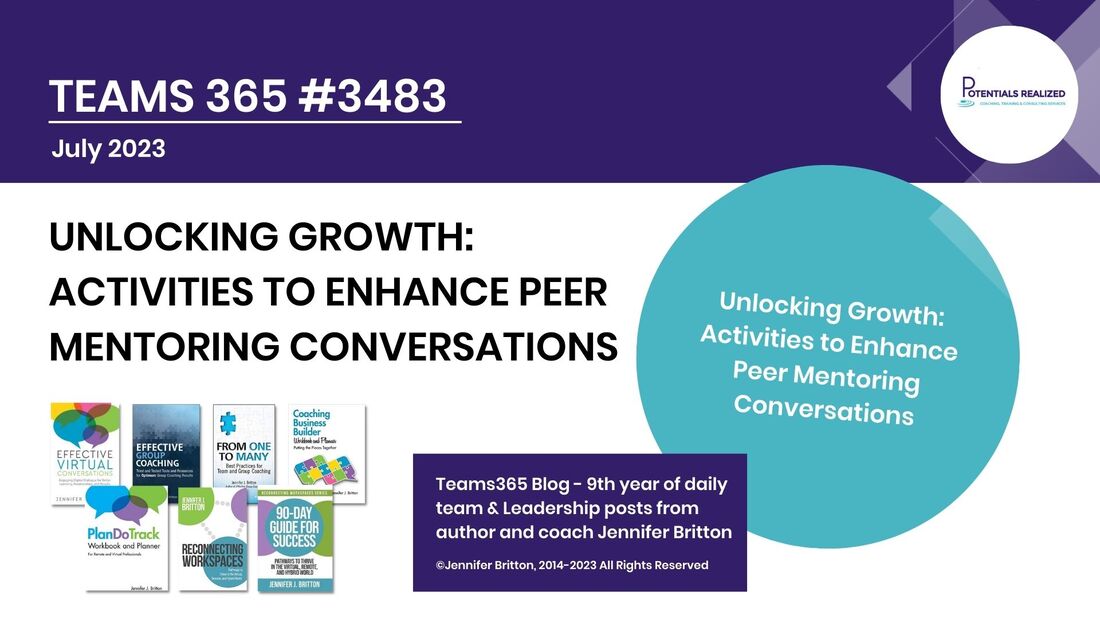- Goal Setting and Action Planning: Begin the mentoring conversation by setting clear and measurable goals. Discuss with your mentee what they hope to achieve, both in the short term and long term. Together, identify specific actions and milestones to help them reach their goals. Regularly revisit these goals and track progress, providing guidance and support as needed.
- Reflective Exercises: Incorporate reflective exercises to encourage mentees to explore their experiences, strengths, and areas for growth. Use open-ended questions to prompt self-reflection and encourage mentees to share their insights. Reflection helps mentees gain self-awareness, identify patterns, and make informed decisions about their personal and professional development.
- Role-playing and Simulations: Engage in role-playing or simulations to help mentees practice challenging conversations or scenarios they may encounter in their work. This activity allows mentees to develop communication skills, problem-solving abilities, and emotional intelligence. Provide constructive feedback and guidance, helping mentees refine their approaches and build confidence in handling real-life situations.
- Case Studies and Scenario Discussions : Present mentees with case studies or scenarios related to their field or specific challenges they may face. Encourage them to analyze the situation, consider various perspectives, and propose solutions. This activity fosters critical thinking, problem-solving, and decision-making skills, while also allowing mentees to learn from real-world examples and gain insights into different approaches.
- Skill-building Exercises : Incorporate skill-building exercises tailored to the mentee's developmental needs. This could involve practicing presentation skills, honing negotiation techniques, or improving time management strategies. Assign exercises that provide opportunities for mentees to actively engage and develop specific skills, while mentors offer guidance, feedback, and resources for improvement.
- Peer Learning Opportunities: Promote peer learning by encouraging mentees to share their knowledge and experiences with each other. Facilitate discussions or create opportunities for mentees to present on topics they are knowledgeable about. This encourages collaboration, expands mentees' knowledge base, and strengthens their communication and presentation skills.
- Book or Article Discussions : Select a book or article relevant to the mentee's professional development and discuss key takeaways. This activity encourages mentees to explore new ideas, broaden their perspectives, and apply insights to their own work. Encourage mentees to share their thoughts and engage in meaningful discussions around the material, fostering critical thinking and intellectual growth.
Incorporating these activities into peer mentoring conversations can enhance engagement, promote skill development, and facilitate meaningful learning experiences. By combining goal setting, reflective exercises, role-playing, case studies, skill-building exercises, peer learning, and book/article discussions, mentors and mentees can unlock growth and achieve their developmental objectives together.
Potentials Realized |Reconnecting Workspaces | Group Coaching Essentials
Team and Leadership Development | Coaching | Retreats
Follow us on Instagram @ReconnectingWorkspaces
Phone: (416)996-8326
Check out my TEDx talk
Looking to bring your workplaces back together, whether you are remote, hybrid, or face-to-face? Pick up a copy of my new book, Reconnecting Workspaces, at Amazon.

 RSS Feed
RSS Feed





